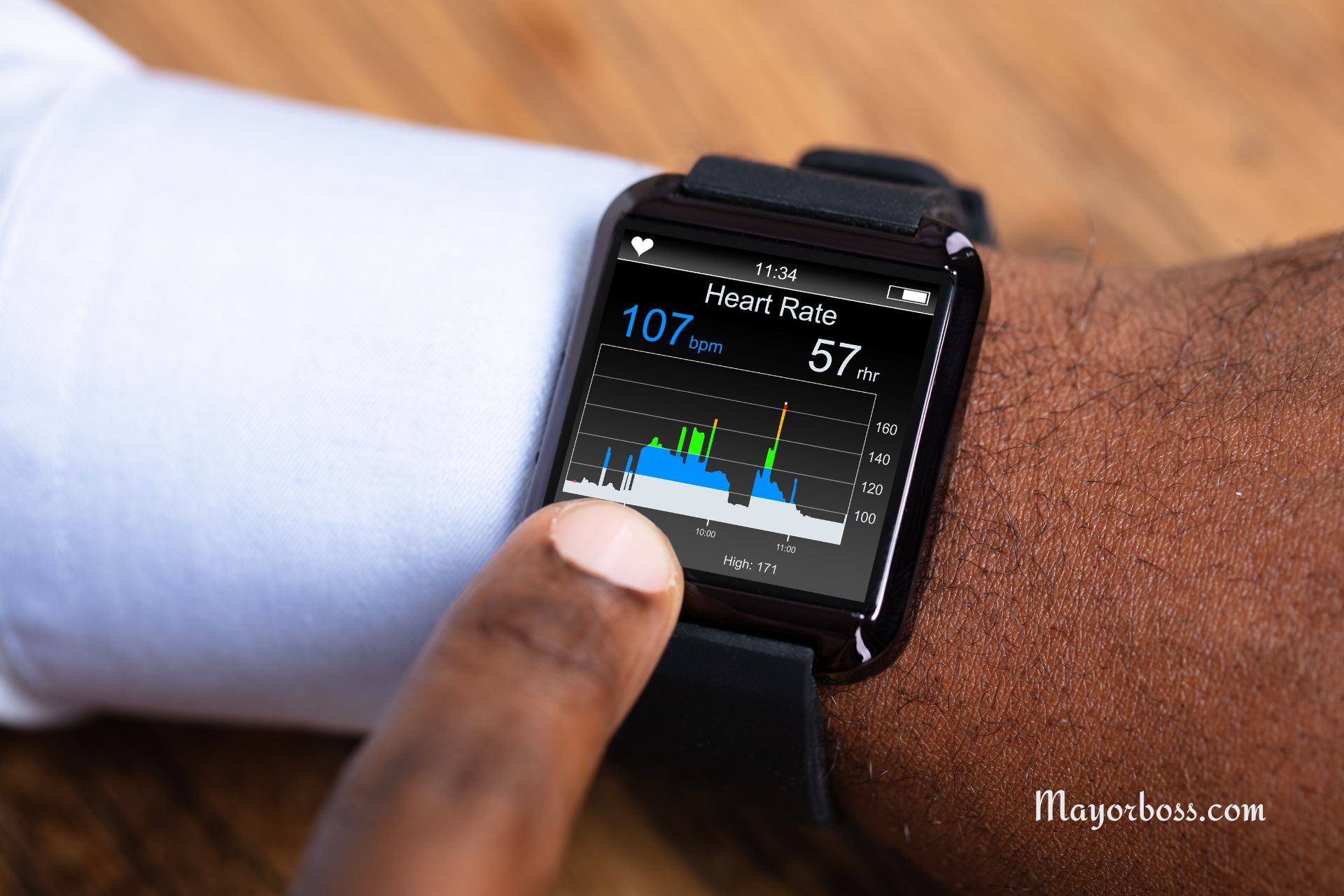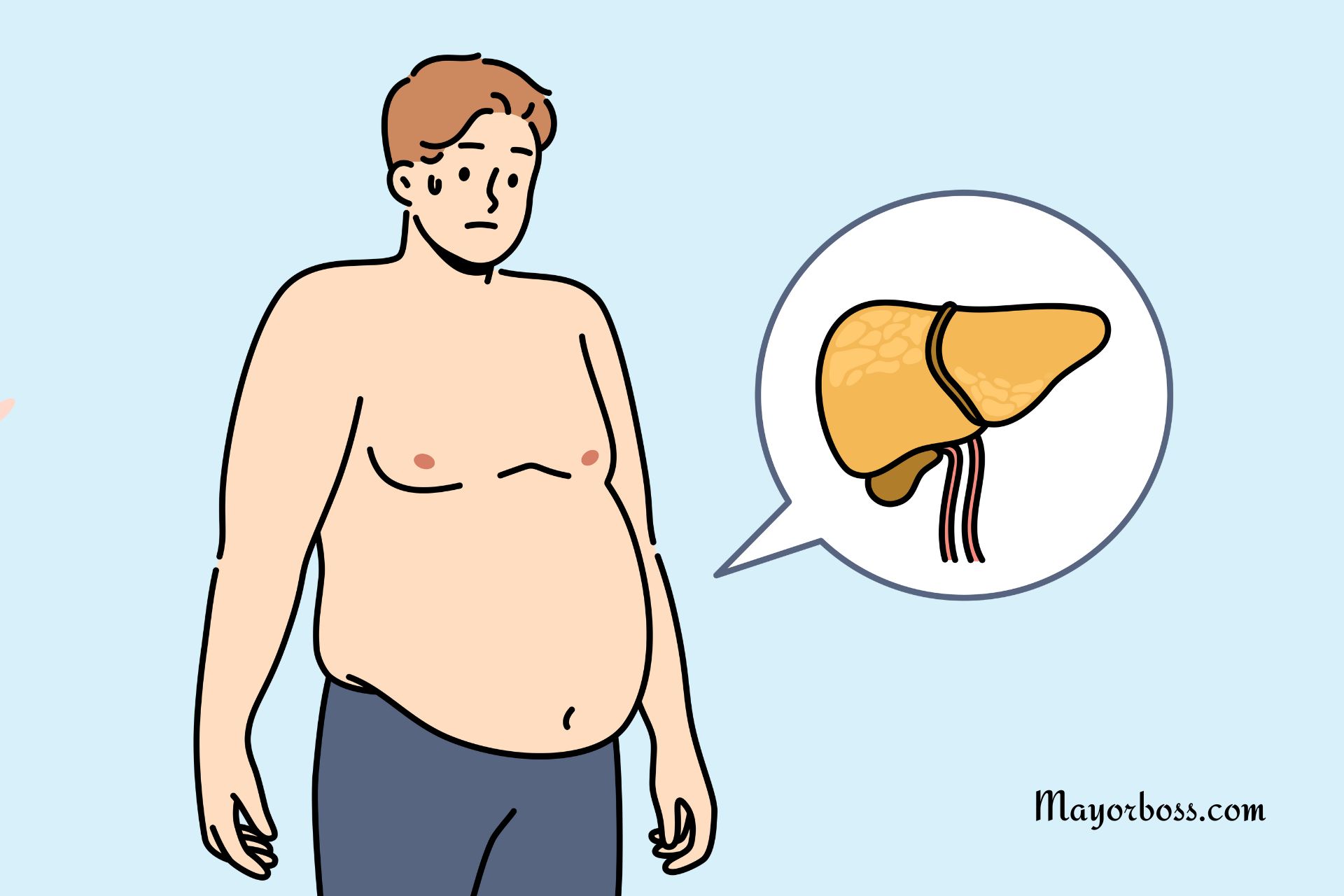Why Your Resting Heart Rate Is Important
Your resting heart rate (RHR) is simply the number of times your heart beats per minute when you’re at complete rest, typically when you’re relaxed, calm, and not exerting yourself physically. It might seem like just another number, but your resting heart rate can reveal a lot about your general health. Keep reading to know why it’s so important and what it can tell you about your body.

What Is a Normal Resting Heart Rate?
Put simply, generally, a normal resting heart rate for adults ranges between 60 to 100 beats per minute (bpm). However, a lower resting heart rate often suggests better cardiovascular fitness and more efficient heart function. For instance, athletes or individuals who exercise regularly might have a resting heart rate as low as 40 to 60 bpm, which is a sign of a strong, well-conditioned heart.
It’s a Strong Indicator of Your Heart Health
Your resting heart rate is one of the simplest ways to gauge your heart health. A lower resting heart rate means your heart doesn’t need to work as hard to pump blood throughout your body, indicating that it’s functioning efficiently. Conversely, a consistently high resting heart rate might mean your heart is working too hard, even when you’re at rest, which could be a red flag for potential heart problems.
If You Have a High Resting Heart Rate, It Might Signal Health Issues
A resting heart rate consistently above 100 bpm is called tachycardia, and it could be a sign of an underlying health problem. According to Dr. Natalia Hapych, a certified family medicine physician, a high RHR may indicate:
- High blood pressure: Your heart might be working overtime if your blood pressure is elevated.
- Stress or anxiety: Chronic stress can cause your resting heart rate to increase.
- Dehydration: When your body lacks water, your heart has to pump harder to maintain blood flow, raising your heart rate.
- Thyroid issues: An overactive thyroid (hyperthyroidism) can cause your resting heart rate to speed up.
If you notice your RHR is consistently high, it’s a good idea to talk to your doctor about potential health concerns.
A Low Resting Heart Rate Suggests Better Cardiovascular Fitness
A low resting heart rate (below 60 bpm) often indicates a healthy, strong heart. It means your heart is efficient at pumping blood, which is typically the result of regular physical activity or being an athlete. But if you’re not active and your RHR drops too low (below 40 bpm), it might be a sign of bradycardia. Symptoms of bradycardia can include dizziness, fatigue, or fainting, and it’s something you should discuss with your doctor.
It Can Help You Monitor Your Fitness Progress
If you’re trying to enhance your fitness level, tracking your resting heart rate can be a great way to measure progress. As you become more fit, your heart becomes stronger and more efficient, which means your RHR may gradually decrease. Noticing this change can be a motivating sign that your hard work is paying off and that your cardiovascular system is becoming more efficient.
It’s a Clue About Your Stress Levels
Your resting heart rate can also be a useful indicator of your stress levels. When you’re under stress, your body releases hormones like adrenaline and cortisol, which can cause your heart rate to rise. If you notice that your RHR is higher than usual, it might mean that you’re dealing with more stress than your body can handle. Reducing stress through practices like meditation, deep breathing, or regular exercise can help bring your resting heart rate back to a healthier range.
It May Predict Your Risk of Certain Health Conditions
Research suggests that your resting heart rate could help predict your risk of developing certain health conditions. For example:
- Heart disease: Several studies have shown that a higher resting heart rate is linked to an increased likelihood of heart attack or stroke.
- Type 2 diabetes: According to a study published in the Journal of the American College of Cardiology, individuals with a higher RHR were more likely to develop type 2 diabetes over time.
- Premature death: A meta-analysis published in the Canadian Medical Association Journal found that people with a resting heart rate above 80 bpm had a higher probability of premature death compared to those with a lower RHR.
It Can Help You Identify Overtraining or Fatigue
If you’re an athlete or someone who exercises regularly, keeping an eye on your resting heart rate can help you identify if you’re overtraining. When you’re overtraining, your body is under stress, and your heart rate might be higher than normal, even when you’re at rest. If your RHR is consistently elevated, it might be a sign that you need to take a break, rest, and recover.
Your Resting Heart Rate Might Change with Age
As you get older, your resting heart rate can change. It’s normal for your RHR to increase slightly with age, but a significant increase could mean that your heart health is declining. This makes it important to monitor your RHR regularly as you age to keep track of any changes.
How to Measure Your Resting Heart Rate
Measuring your resting heart rate is simple, and you can do it yourself:
- Find a quiet place where you can sit down and relax.
- Place your index and middle fingers on your wrist (radial pulse) or neck (carotid pulse).
- Count the number of beats you feel for 60 seconds. Alternatively, you can count for 15 seconds and multiply by 4.
For the most accurate reading, measure your RHR in the morning before you get out of bed, as this is when your body is in its most relaxed state.
Tips to Improve Your Resting Heart Rate
If your resting heart rate is higher than you’d like, there are several ways to improve it:
- Exercise regularly: Cardiovascular activities like walking, jogging, swimming, or cycling can strengthen your heart and lower your resting heart rate over time.
- Manage stress: Engaging in yoga, meditation, or deep breathing exercises can help ease stress and lessen your heart rate.
- Stay hydrated: Drinking enough water helps your heart pump blood more efficiently.
- Get enough sleep: Aim for 7-9 hours of sleep each night to help your heart function properly.
- Avoid stimulants: Cut back on caffeine, alcohol, and smoking, as these can raise your heart rate.
When to See a Doctor
While having a resting heart rate that’s slightly higher or lower than average might not be a cause for concern, it’s important to see your doctor if you experience symptoms like dizziness, shortness of breath, chest pain, or fainting. These could be signs of a more serious heart issue that needs medical attention.






